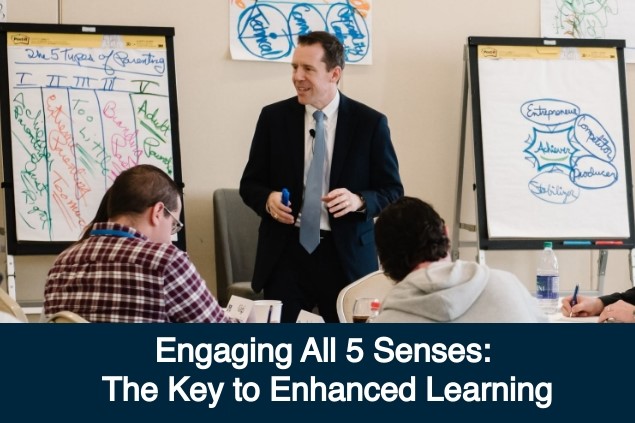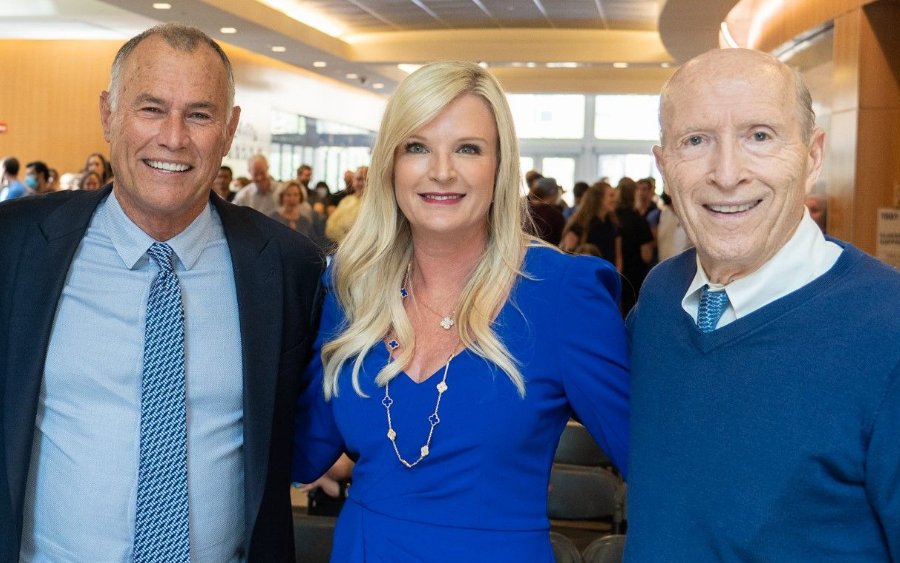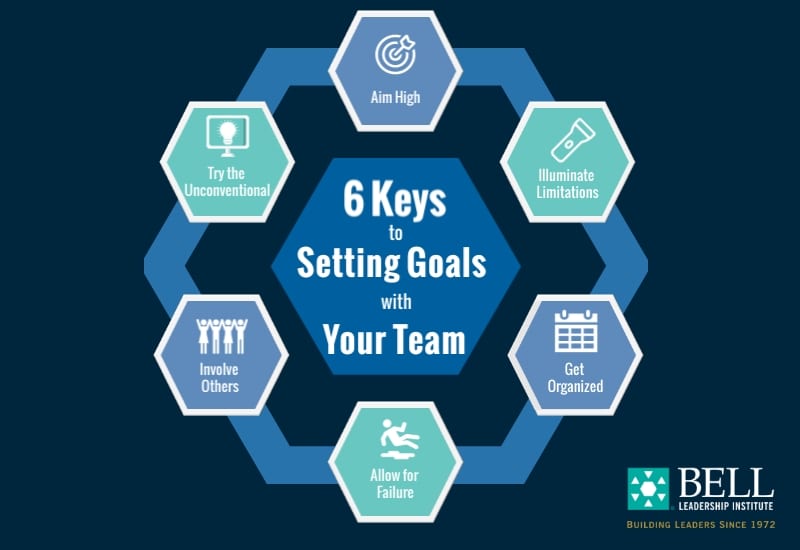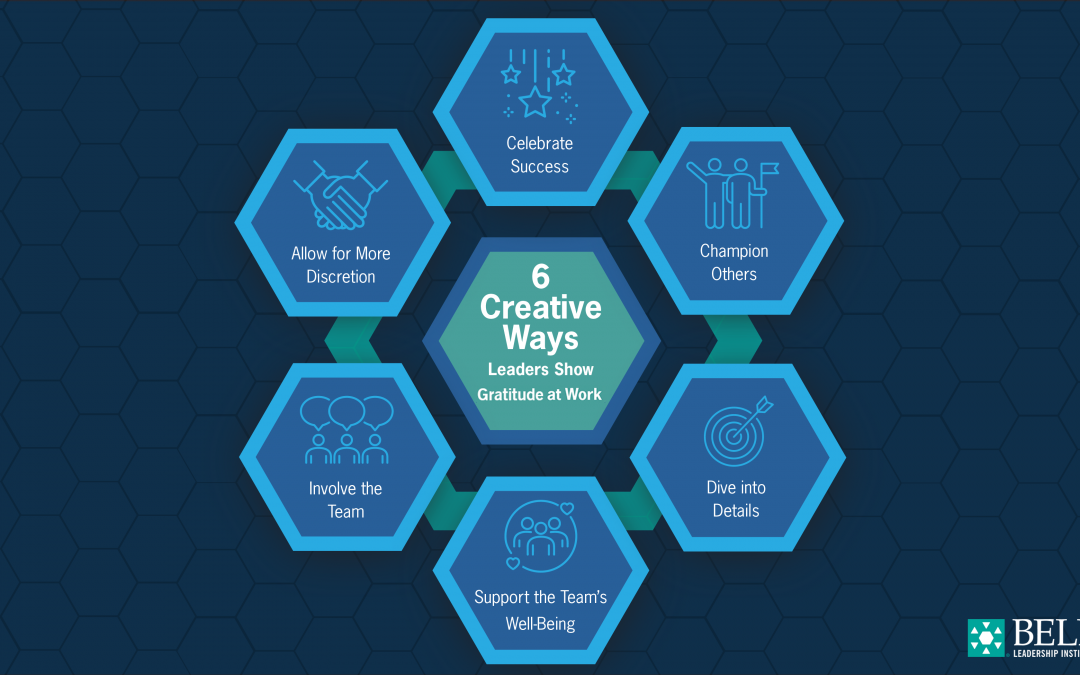
Good Economy, Bad Economy
GREAT LEADERS INVEST IN THEIR PEOPLE
No Matter the Weather
The past three years, we have seen a flurry of highs and lows in our economic forecast. From financial boom to bust to boom again, leaders naturally begin to think about how to cut unnecessary or discretionary budget items. Decades of generally accepted accounting principles encourage business owners to consider cutting anything that’s not deemed a “necessity” or treated as a concrete financial asset. Despite leaders’ assessments that their people are the organization’s biggest asset, training and development of employees often makes the list of discretionary cuts.
A recent Harvard Business Review article¹ argued that financial accounting practices actively work against leaders’ best intentions to build their people’s skills. According to the Financial Accounting Standards Board (FASB), employees do not (obviously) count as company financial assets. And, in turn, organizations cannot claim employee training as a corporate investment.
“A company also cannot claim to have made an ‘investment’ in current employees on its books, because the accounting rules say it can’t invest in something it doesn’t own. Consider a firm that decides to send an employee to an expensive computer-programming course. It makes that investment because it believes the employee will be valuable for some time thereafter. But the financial accounting rules stipulate that the cost of such training is an expense that needs to be completely offset by income earned that year.” (Cappelli)
The intentions of leaders and FASB’s guidelines create a clear paradox—people are an investment, but not an investment under guiding accounting principles. From an organizational perspective, we know from long-term study that the most effective leaders and organizations continue to invest in their people even in economically fragile times. While the current state of accounting standards is unfortunate from a leadership perspective, it’s also an inaccurate view of the real-world rewards and financial gain that come from investing in people. The article also notes that,
“[w]hile investor concerns about not being able to value companies accurately have gotten some attention, it’s a much smaller problem than the systematic distortions that hurt operating efficiency and have largely gone unnoticed.” (Cappelli)

When it comes to understanding the real value of your employees, thinking of accounting principles alone ignores the negative impact on the organization of not investing in your people and the corresponding rewards gained by building your trusted and dedicated associates. Senior leaders interviewed about the COVID-19 pandemic and its impact on people and organizations reported that their most effective strategy was to trust in their people, their teams and their leaders to lead the business through the turmoil.
Pat Bauer, President and CEO of Heartland Dental, recalls a conversation with the company’s principal investor that significantly impacted his pandemic strategy. “What’s most important is this is a people business, so the only advice I can give you is make sure you take care of your people.” In the end, his company’s success beyond the COVID-19 situation was directly related to how the organization treated their employees during the pandemic.
Organizations flourish when they stay consistent with training and development. If employees receive regular opportunities to grow and build their leadership abilities, three key benefits become clear:
1. Leaders will retain valuable talent.
The most effective employees want to grow. Employers who invest in their people retain existing high-potential employees and attract new skilled members to their teams. Employees who feel valued have
higher loyalty and motivation.
2. Overall organizational leadership capacity will strengthen.
Effective leaders sustain organizations during uncertainty. By regularly investing in the training and
development of people, their employees develop the tools to step in and innovate no matter the
nature of the challenges.
3. Company morale stays high.
Leaders with the confidence that comes from knowing they have a strong team are able to stay calm,
positive, and focused through any type of crisis. Effective leaders lead by exemplifying those traits in times of uncertainty. Investing in people demonstrates confidence and trust in your staff, your organization’s future, and yourself as a leader.
¹Cappelli, Peter. “How Financial Accounting Screws Up HR.” Harvard Business Review, January-February 2023, https://hbr.org/2023/01/how-financial-accounting-screws-up-hr.
At Bell Leadership we’ve been helping organizations build their people to become effective leaders and assets to their organizations through the many varied economic cycles over the last 50 years. If you’re looking to invest in your human capital, we’re here to guide and support you.
